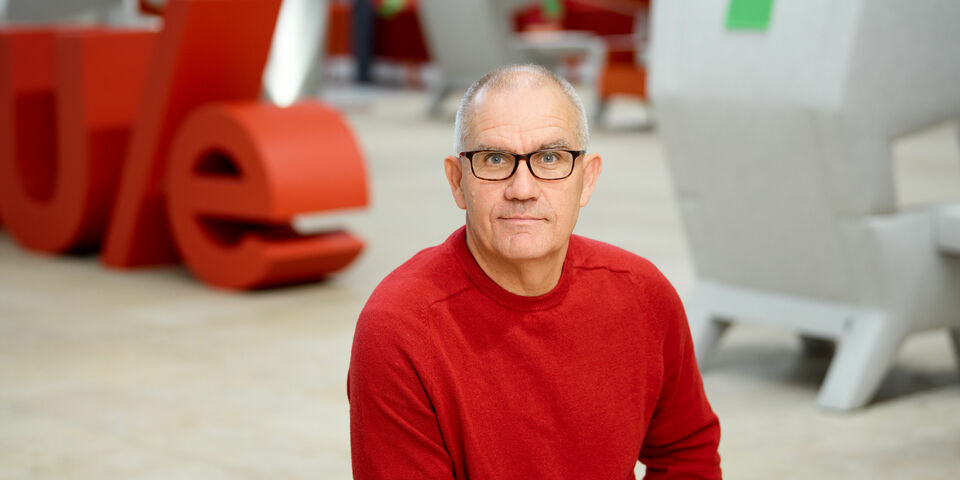Choice overload
We’ve only just headed out to sea this academic year and I already find myself awash with topics to write about. The announcement that our university wants to double the number of students. The increasingly strong ties between TU/e and the Brainport region. And the question of how our university can play a role in tackling the climate crisis, of which the impact can be seen and felt more strongly every day.
To start with the latter issue: the metaphor of the frog in a pot of water that complacently allows itself to boil to death as the water gradually heats up, felt real this summer. Temperatures soared to unprecedented heights across Europe, causing severe draughts and a record-breaking number of wildfires. I’m sure that it got all of us thinking at our vacation addresses in France, Portugal or here at home.
During discussions on climate change, people often use the I-word as some kind of holy grail that will allow us to tackle this global problem. However, our professor of Socio-Technical Innovation and Climate Change, Heleen de Coninck, said during her inaugural speech last Friday that innovation alone won’t save us. Innovation is just one of several aspects of the system change that is required to mitigate climate change, she said. And system change is complex and requires time, which we don’t have, De Coninck told her audience. In short: we should have left that pot of boiling water yesterday.
The announcement by our Executive Board in June that TU/e aims to double its student numbers by the year 2030 was reiterated at the opening of the academic year. But it remains unclear how the university plans to achieve this: where exactly do those students come from, where do we find the scientists, lecturers and support staff that we need if we want to teach and facilitate these students, can our campus cope with this growth, and how will all those newcomers find accommodation in Eindhoven? It’s obvious that The Hague needs to feel the sense of urgency too, and that it needs to be willing to invest in this ambitious plan in advance. It will be interesting to follow this mating dance in the coming years.
No doubt Peter Wennink, CEO at ASML and chair of TU/e’s Supervisory Board, is willing to step onto the dance floor. Because ASML too is faced with an enormous challenge when it comes to growth, as Wennink said during his speech in the Blauwe Zaal last week. Where this must all lead to can be seen in Tegenlicht, a VPRO television program (in Dutch, ed.) that dedicated an episode to ASML. Many companies in the Brainport region are connected to this world leader in the semiconductor stepper market. What ASML needs more than anything else right now, is new talent, new engineers that can make the seemingly impossible possible.
It’s not that difficult to make a comparison with the past, when people thought of our institution as the Philips university. Are we slowly turning into the ASML university, or has it happened already? Is that a bad thing? I believe that it’s particularly important that our university continues to play a leading role in tackling the problem of climate change. Because even though it finally started to rain last week, it didn’t rain nearly enough to wash away the memories of a summer that’s been scorching hot and dry as bone.


Discussion